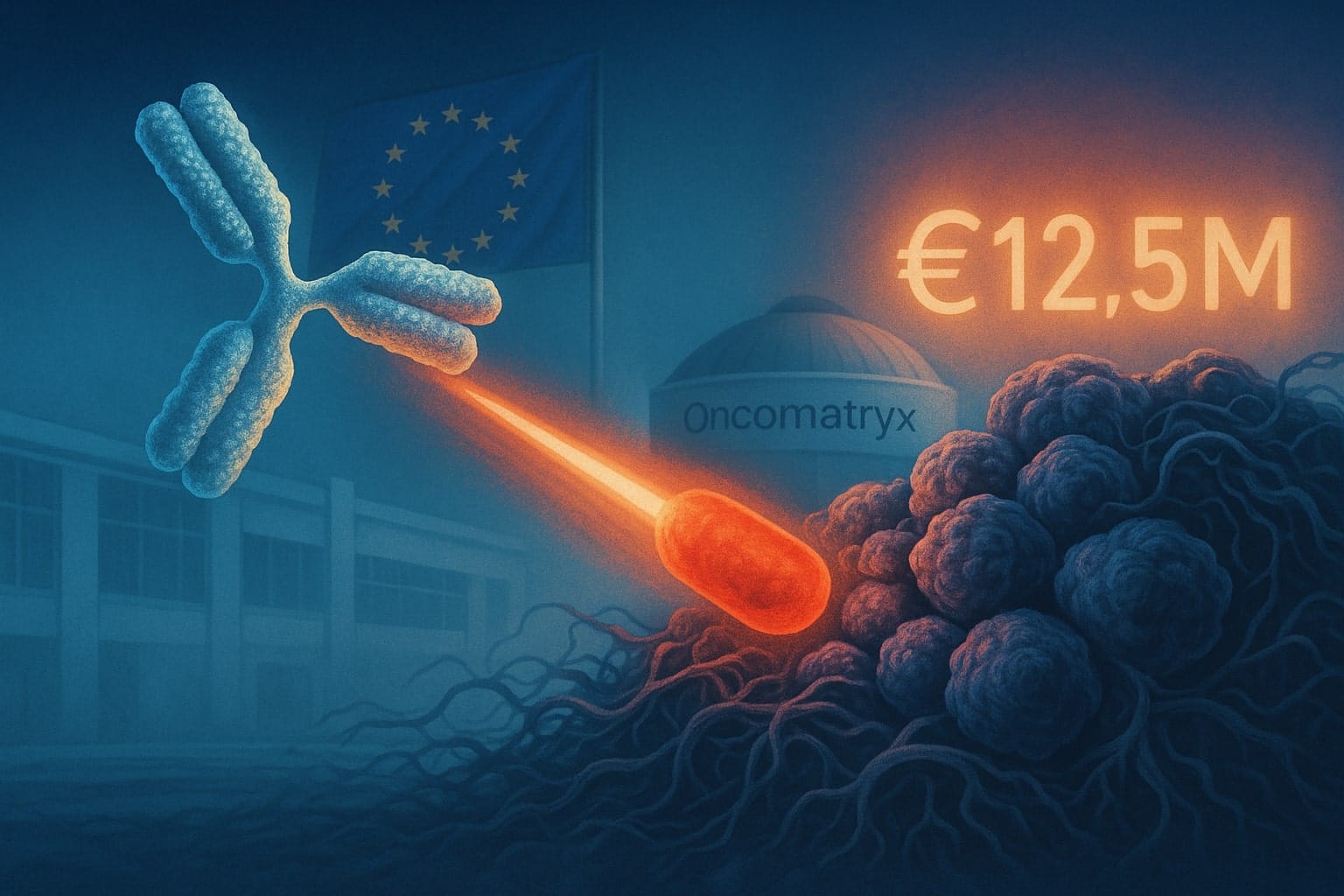In a strategic move poised to reshape the landscape of obesity treatment, Roche Holding AG has announced a landmark collaboration with Denmark’s Zealand Pharma. The partnership centers on the development and commercialization of petrelintide, an innovative amylin analog, marking Roche’s ambitious entry into the burgeoning weight-loss market.
Table of Contents
ToggleA Landmark Agreement
The collaboration, unveiled on March 12, 2025, entails Roche making an upfront payment of $1.65 billion to Zealand Pharma, with the potential for additional milestone payments that could bring the total value to $5.3 billion. This agreement grants Roche co-development and co-commercialization rights to petrelintide, both as a standalone therapy and in combination with its own incretin asset, CT-388. The companies will share profits and losses equally in the U.S., while Roche will assume commercialization responsibilities outside the country, with Zealand Pharma eligible for tiered royalties on net sales.
The Science Behind Petrelintide
Petrelintide belongs to a class of drugs known as amylin analogs. Amylin is a hormone co-secreted with insulin by pancreatic beta cells and plays a crucial role in regulating appetite, gastric emptying, and postprandial glucose levels. Research has shown that amylin-based therapies can complement existing GLP-1 receptor agonists, such as Novo Nordisk’s Wegovy and Eli Lilly’s Zepbound, by enhancing weight loss and improving metabolic outcomes.
CT-388, Roche’s lead incretin asset, is a dual GLP-1/GIP receptor agonist designed to improve glycemic control and promote sustained weight loss. The combination of petrelintide with CT-388 aims to offer a synergistic approach to obesity management, potentially delivering superior efficacy with improved tolerability.
Why This Deal Matters
The global obesity treatment market is experiencing unprecedented growth, fueled by increasing demand for effective weight-loss solutions and groundbreaking advancements in metabolic therapies. Analysts project that the market, currently valued at around $80 billion, could exceed $200 billion by 2031. Until now, Novo Nordisk and Eli Lilly have dominated the space, with their respective blockbuster drugs—semaglutide (Wegovy) and tirzepatide (Zepbound)—setting the gold standard in obesity care.
By entering this highly lucrative arena, Roche is making a decisive statement. The company’s strategic move is aimed at capturing a significant share of the market and positioning itself as a formidable competitor in the weight-loss drug sector.
Zealand Pharma’s Strategic Leap
For Zealand Pharma, the deal represents a major financial and strategic milestone. The upfront payment and potential future earnings will provide a substantial boost to the company’s research and development pipeline. Zealand has been at the forefront of peptide-based drug discovery, and this collaboration underscores its commitment to delivering cutting-edge treatments for metabolic disorders.
In a statement, Zealand Pharma’s CEO expressed confidence in the partnership, stating that petrelintide has the potential to “transform the treatment paradigm for obesity and metabolic diseases.” The company has been actively advancing its clinical programs, and Roche’s extensive resources and global reach are expected to accelerate the drug’s path to regulatory approval and commercial success.

The Competitive Landscape
Novo Nordisk and Eli Lilly remain the dominant forces in obesity treatment, but their market lead is not unassailable. Over the next five years, analysts predict the introduction of up to 16 new weight-loss drugs, intensifying competition in the sector. Roche’s partnership with Zealand Pharma signals its intent to carve out a stronghold in this evolving landscape.
The development of novel obesity therapies is not just a commercial endeavor—it also has profound implications for global public health. With obesity rates rising sharply worldwide, the need for effective, sustainable, and accessible treatments has never been greater. Existing GLP-1-based treatments have shown remarkable success, but challenges such as high costs, supply constraints, and long-term patient adherence remain pressing concerns.
The Road Ahead
The next steps for Roche and Zealand Pharma involve advancing petrelintide and the combination therapy with CT-388 through late-stage clinical trials. Regulatory submissions are expected within the next two to three years, pending successful trial outcomes.
If approved, these therapies could redefine the standard of care in obesity management, offering patients new options that go beyond existing GLP-1 treatments. Given the scale of Roche’s investment, the company is betting big on the future of obesity treatment—and if successful, this move could yield significant returns while reshaping the competitive dynamics of the industry.
Conclusion
Roche’s $5.3 billion collaboration with Zealand Pharma marks a bold and calculated entry into the obesity treatment space. As the weight-loss drug market continues to expand, this partnership has the potential to not only challenge industry leaders but also drive innovation in metabolic disease therapeutics. With clinical trials underway and a regulatory pathway in sight, the world will be watching to see whether Roche’s investment pays off in transforming obesity care for millions worldwide.












